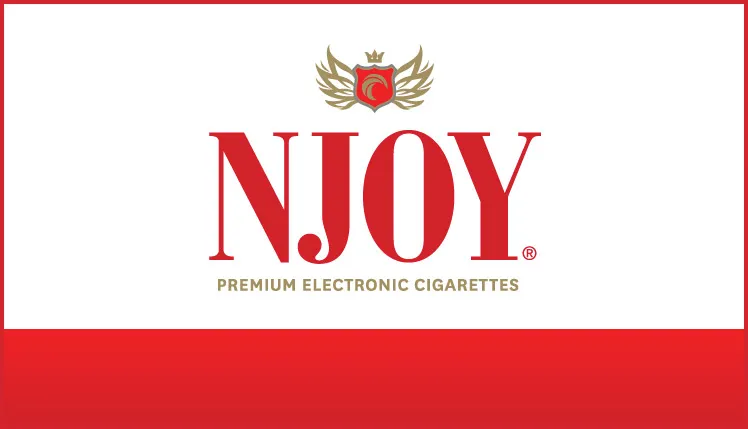 Two e-cigarette purchasers have asked a California federal judge to stay their deceptive marketing class action lawsuit against NJOY Inc. because they have appealed their certification denial to the 9th U.S. Circuit Court of Appeals.
Two e-cigarette purchasers have asked a California federal judge to stay their deceptive marketing class action lawsuit against NJOY Inc. because they have appealed their certification denial to the 9th U.S. Circuit Court of Appeals.
On Feb. 3, U.S. District Judge John F. Walter found that the plaintiffs’ damages expert could not quantify the economic cost of the alleged misrepresentation of NJOY e-cigs, agreeing with the determination made a month earlier by a judge who has now retired.
Last week, the plaintiffs urged Judge Walter to pause their NJOY class action lawsuit until the appeals court decided whether it would hear their appeal.
Plaintiffs Ben Z. Halberstam and Kathryn Thomas relied on the expertise of Jeffrey E. Harris, a tenured economics professor at the Massachusetts Institute of Technology, to develop a model for damages in their e-cig class action lawsuit. Judge Walter found that Harris himself had admitted that the “Bayesian hedonic regression” model he proposed would not actually work for e-cigarettes.
However, the plaintiffs disagreed and argued that this Bayesian hedonic regression model includes a similar analysis that is at issue in a case called Briseno v. ConAgra Foods Inc., which is currently before the 9th Circuit.
Halberstam and Thomas argue that the conjoint analysis proposed in Briseno is similar to the analysis they propose in their e-cigarette class action lawsuit. The analysis in Briseno allegedly looks at the price premium that can be attributed to reasonable consumers’ belief that the phrase “100% Natural” also means the product does not contained genetically modified organisms.
According to the NJOY e-cig class action lawsuit, NJOY falsely marketed its e-cigarette products as being safer than regular tobacco cigarettes. In addition, NJOY allegedly failed to list two potentially carcinogenic ingredients (propylene glycol and glycerin) on its packaging.
The plaintiffs claim that NJOY’s deceptive marketing about the healthfulness of its e-cigarettes is similar to the misleading claims about the GMO content in the Briseno case, and therefore, their NJOY class action lawsuit should be stayed until the 9th Circuit has an opportunity to decide on the issue. Halberstron and Thomas indicated that the 9th Circuit usually makes decisions quickly about whether to hear cases, so pausing the NJOY class action lawsuit until the appellate court decides whether to hear it shouldn’t cause harm to either party.
Class certification for the NJOY class action lawsuit has been shot down twice over issues related to the determination of damages. Class certification was first denied in August 2015 and again in February.
NJOY has previously sought to dismiss the e-cig class action lawsuit, but so far its attempts have been unsuccessful.
The plaintiffs are represented by Nancy A. Kulesa, Eduard Korinsky, Shannon L. Hopkins and Stephanie A. Bartone of Levi & Korsinsky LLP; Janine L. Pollack, Demet Basar, Kate M. McGuire, Francis M. Gregorek, Rachel R. Rickert and Marisa C. Livesay of Wolf Haldenstein Adler Freeman & Herz LLP; Jeff S. Westerman and Anna Faircloth of Westerman Law Corp.; Richard J. Lantinberg of the Wilner Firm PA; and Brian D. Chase, Jerusalem F. Beligan and Travis K. Siegel of Bisnar Chase LLP.
The NJOY E-Cigarette Class Action Lawsuit is In Re: NJOY Inc. Consumer Class Action Litigation, Case No. 2:14-cv-00428, consolidated with Case No. 2:14-cv-00427, in the U.S. District Court for the Central District of California.
ATTORNEY ADVERTISING
Top Class Actions is a Proud Member of the American Bar Association
LEGAL INFORMATION IS NOT LEGAL ADVICE
Top Class Actions Legal Statement
©2008 – 2026 Top Class Actions® LLC
Various Trademarks held by their respective owners
This website is not intended for viewing or usage by European Union citizens.



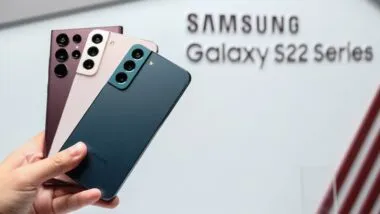
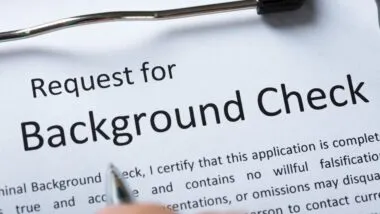

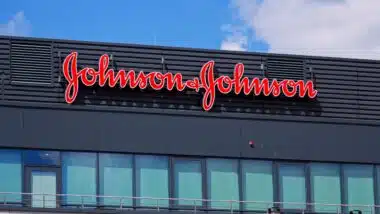




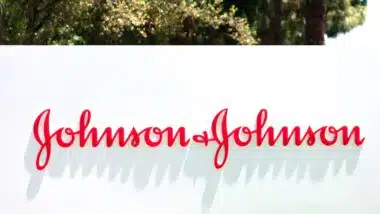



One thought on NJOY E-Cig Class Action Should Be Put on Hold, Plaintiffs Argue